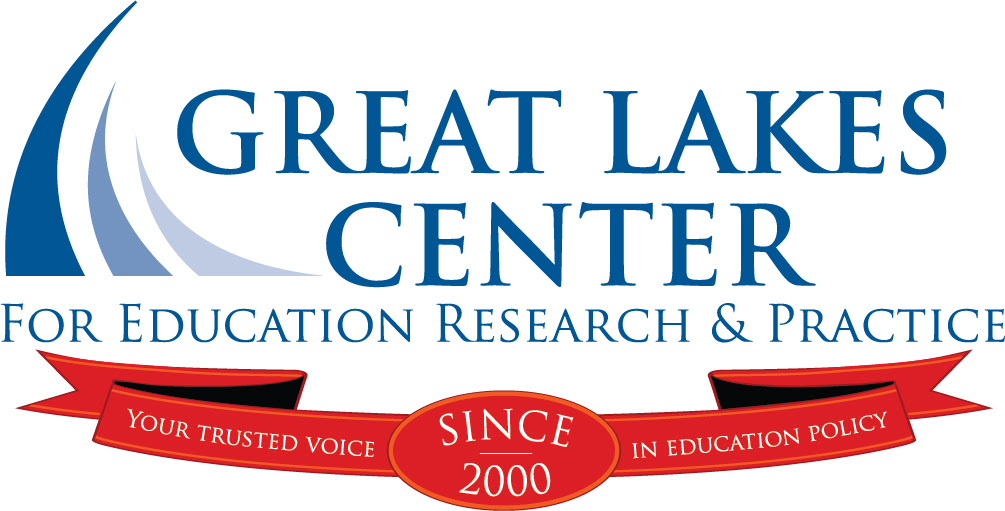A “Think Twice” review of a think tank report from the folks at the National Education Policy Center. The charter school and school choice aspects are important for readers of this space.
Inside Look Great Lakes Center’s exclusive subscriber email featuring key points, information and social media content about reviews and research
Hello, Great Lakes Center subscriber:
Education researchers have studied vouchers for more than 25 years, and since then, no studies have consistently shown positive impacts on the test scores of students who use education vouchers. In fact, during the last decade, researchers have documented devastating impacts on student achievement.A recent report by the Thomas B. Fordham Institute covers Ohio’s school voucher program, known as EdChoice, and considers the impacts of voucher-induced competition on Ohio’s public schools, racial segregation and local district finances. However, a review of the report found it does little to alleviate the fears of voucher opponents and instead provides new data that will serve only policymakers who are already supportive of vouchers.Read on to learn more.
Maddie Fennell
Executive Director
Great Lakes Center for Education Research and Practice
REPORT REVIEWED
WHAT THE REVIEWER FOUND
Read the full review on the Great Lakes Center website or on the National Education Policy Center website.
WHY YOU SHOULD CARE
The report doesn’t reflect the concerns of current scholarly literature around student achievement and vouchers. The fact remains that years of research has shown decreased student achievement in students using vouchers. As a result, the report is only of use to policymakers who support vouchers, and because it asks outdated questions and doesn’t focus on current concerns about vouchers, any use of it in policymaking will be outdated and potentially harm public school funding.
TALKING POINTS TO REMEMBER
- A report from the Thomas B. Fordham Institute covers Ohio’s voucher program and does little to alleviate the fears of voucher opponents by focusing on outdated issues.
- A review of the report found it doesn’t reflect current scholarly literature or address the fact that research shows decreased student achievement for those using vouchers.
- Policymakers should not use the report.
SOCIAL SHARES
Want to share this Think Twice Review with your social networks? We drafted some sample social media posts for your use.
Years of research has shown us the negative impacts of #EducationVoucher policies. A report uses outdated questions to promote the use of vouchers. Read more:
A @nepctweet review finds a report about #EducationVoucher programs in Ohio does little to address the concerns of voucher opponents. Read the review:
A report from @educationgadfly does little to address the valid concerns of #EducationVoucher opponents.
Copyright © 2019 Great Lakes Center for Education Research & Practice, All rights reserved.
You are receiving this email because you opted in via our website.Our mailing address is:
Great Lakes Center for Education Research & Practice
PO Box 1263
East Lansing, MI 48826-1263








 12 Unique Blogs Are Written By Professors
12 Unique Blogs Are Written By Professors
Leave a comment